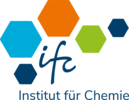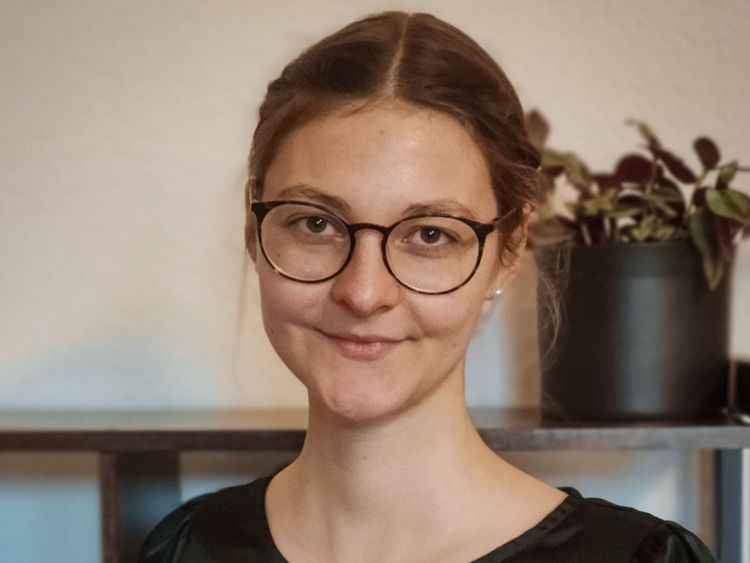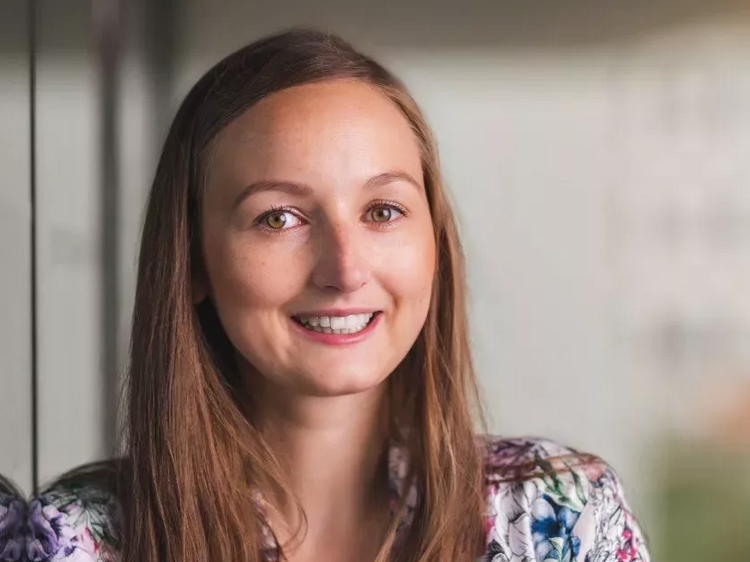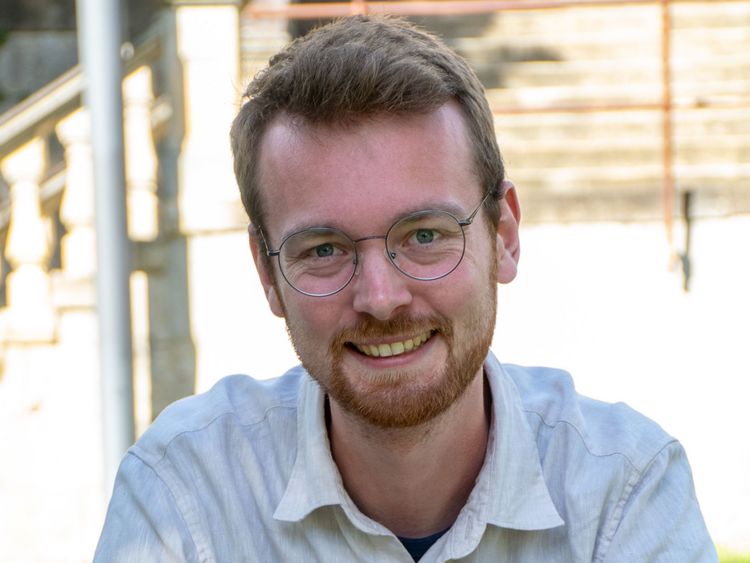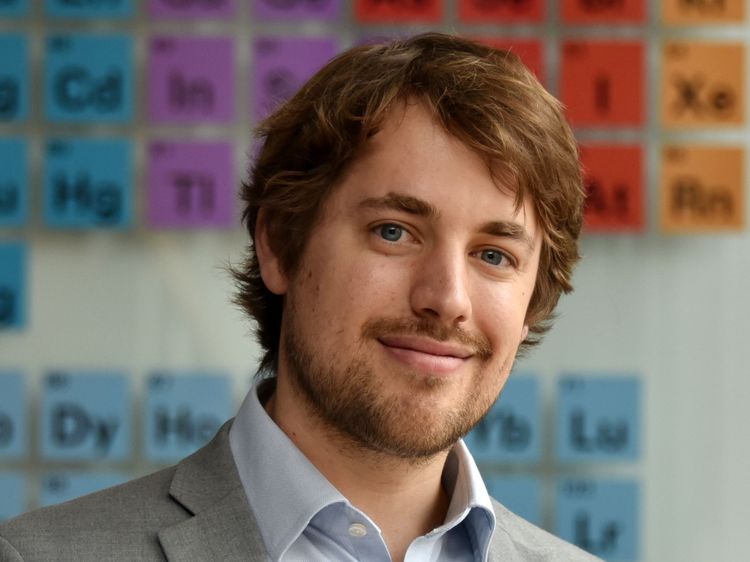Didactic Transfer Research
Educational Reconstruction
The focus of our work is the subject-didactic exploration of current fields of chemistry for schools and student labs in the sense of scientific literacy. Through close collaboration with research groups at the universities of Oldenburg, Jena, and other partners, we develop teaching offers on current and socially relevant topics in chemistry. In doing so, we ensure systematic linkage to school contexts and curricular guidelines.
Our research is structured by our model of didactic transfer research. In close collaboration between subject science and subject didactics, we reconstruct content didactically for teaching contexts. In a cyclical design, we conceptualize, test, evaluate, and optimize teaching sequences – the resulting best-practice materials are ultimately published as Open Educational Resources.
Model of Didactic Transfer Research
Currently, we focus particularly on two thematic fields:
Thematic Field 1: Nanotechnology One of the main content focuses of our research is nanotechnology. In recent years, we have developed various projects, teaching units, course concepts, and teaching materials for schools, student labs, and teacher training in cooperation with research groups from subject science and subject didactics, both nationally and internationally. The projects include experiments with various semiconductor nanoparticles (titanium dioxide, fluorescent zinc oxide), coin metals (copper, silver, gold), and nanostructured silica and silicone materials. Since 2021, we have also been part of the PolyTarget Collaborative Research Center in the field of nanomedicine.

Selected Research Results of the Wilke Group on Nanotechnology
Thematic Field 2: Ecological and Sustainable Chemistry & Green Chemistry The second content focus covers the field of ecological, sustainable, and green chemistry. Here, we focus on questions such as the production of (1) energy carriers (second-generation biofuels) and (2) platform chemicals from sustainable sources like biomass. Additionally, we examine topics such as (3) recycling critical (noble) metals from scrap or (4) wastewater purification of heavy metal ions or organic contaminants. Since 2021, we have been working on the synthesis of "green" hydrogen using visible light as part of the SFB/Transregio CataLight.

Selected Experiments from a Teaching Unit on the Conversion of Biomass to Octane (left); Recycling of Copper and Gold from Electronic Scrap (right)
In addition to the content intersections of the two main themes, there are also numerous connections with other research focuses of our working group. To sustainably implement the developed materials and experiments in teaching contexts as well as in the training and continuing education of teachers, the results developed here are subsequently embedded, tested, and evaluated in cross-location (course) concepts for cooperation between schools, student labs, and universities. In this context, the use of digital tools is particularly emphasized, leveraging the potential of low-cost (measuring) devices as well as new teaching formats with new digital media.
Synergies with Other Research Focuses
In addition to the content intersections of the two main themes, there are also numerous connections with other research focuses of our working group. To sustainably implement the developed materials and experiments in teaching contexts as well as in teacher training and continuing education, the results developed here are subsequently embedded, tested, and evaluated in cross-location (course) concepts for cooperation between schools, student labs, and universities. In this context, the use of digital tools is particularly emphasized, leveraging the potential of low-cost (measuring) devices as well as new teaching formats with new digital media.



